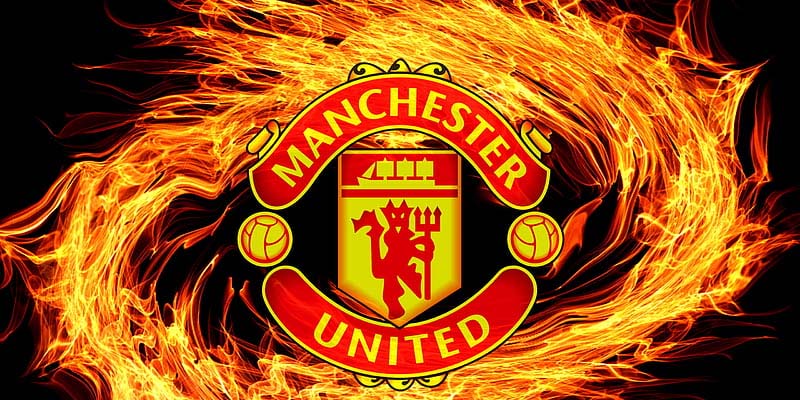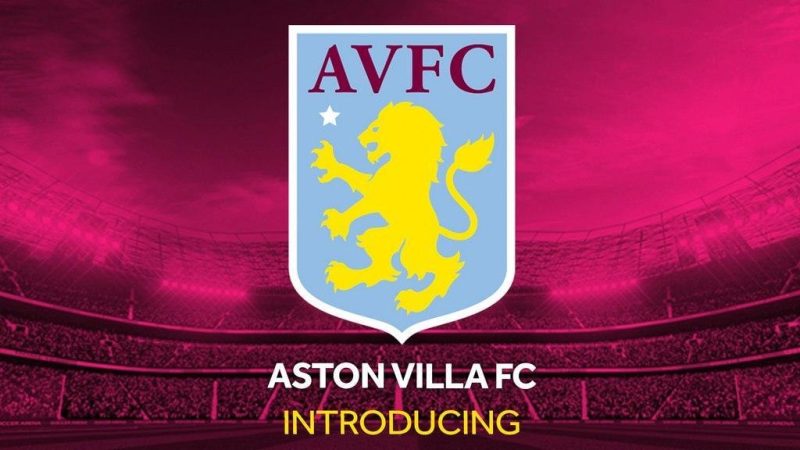
Manchester United Football Club: History and Legacy
Manchester United Football Club has long been recognized as one of the most iconic entities in the world of sports. With a rich history, a dedicated fanbase, and a reputation that extends far beyond the boundaries of its home stadium, Old Trafford, the club epitomizes the passion and spirit of football. This article delves into the fascinating journey of the Manchester United Football Club, exploring its storied past, significant milestones, and its current role in global football.
Introduction to Manchester United Football Club
Established in 1878, Manchester United Football Club, originally named Newton Heath LYR Football Club, has evolved into a symbol of excellence and resilience. The club’s remarkable transformation from a modest team playing in local leagues to a powerhouse of international football is a testament to its unyielding dedication to the sport.
The significance of the Manchester United Football Club transcends mere statistics and trophies; it embodies a legacy built on triumphs, trials, and the undying support of millions around the globe. As we embark on this exploration of its history and impact, we will uncover the defining moments that have shaped the club into what it stands for today.
History and Development of the Club
The narrative of Manchester United Football Club is woven into the fabric of British sporting culture. Its genesis can be traced back to the late 19th century when a group of railway workers established a football team. Initially, it struggled to find its footing, but with perseverance and determination, the club began to make strides within the football community.
As it transitioned from an amateur setup to a professional entity, the club underwent several pivotal changes. The name change to Manchester United in 1902 marked a new era, as did the acquisition of Old Trafford, which became its home ground in 1910.
In the early decades of the 20th century, however, the club faced numerous challenges, including financial difficulties and the tumultuous aftermath of World War I. Yet through these hardships, Manchester United demonstrated incredible resilience.
Founding Years and Early Struggles
The formation of Manchester United Football Club in 1878 was a grassroots initiative, born out of a desire to foster camaraderie among workers of the Lancashire and Yorkshire Railway. The club’s initial existence was fraught with challenges, from financial instability to difficulties in attracting a loyal following.
Despite these hurdles, the club managed to secure a place in the Football League in 1892, marking a significant milestone in its development. Early competitions were tough, and the club spent years battling relegation before finally gaining stability in the higher divisions.
During this period, the team adopted the red and white colors that would become synonymous with its identity, paving the way for an enduring connection with fans. These foundational years laid the groundwork for what would eventually blossom into a revered football institution.
The Rise to Prominence
The real turning point for Manchester United came in the 1950s under the management of Matt Busby. His visionary approach transformed the team into formidable contenders, leading to the establishment of the “Busby Babes,” a squad known for its youthful exuberance and attacking flair.
Tragedy struck in 1958, when the Munich air disaster claimed the lives of eight players, sending shockwaves throughout the footballing world. The loss was devastating, but it also galvanized the remaining team members and the wider Manchester United community.
Busby’s subsequent rebuilding efforts culminated in the club securing its first European Cup in 1968, a crowning achievement that solidified its place in football history. This victory not only honored the memory of those lost in Munich but also showcased the resilience and tenacity of both the players and the supporters.
Conclusion
Manchester United Football Club is more than just a sporting institution; it is a symbol of resilience, unity, and passion. From its humble beginnings to its status as a global icon, the club’s journey reflects the essence of football itself.

